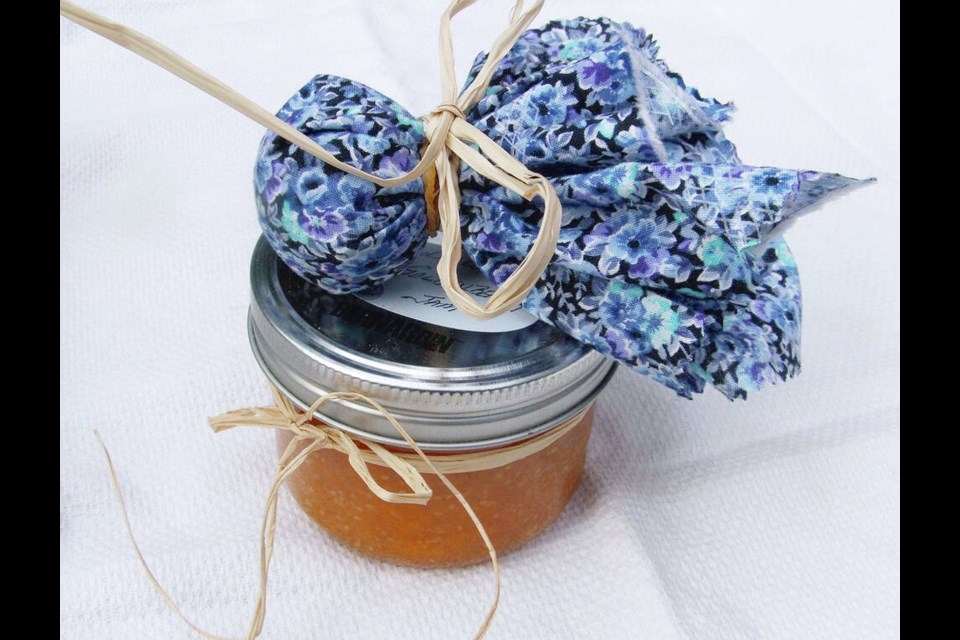When my children were young, we’d choose a Saturday around mid-December for assembling holiday treats to be delivered to neighbours and friends.
We’d bake a batch of both sugar and gingerbread cookies, rolled out and cut into various shapes. The kitchen table was spread with everything needed for decoration and packaging — coloured icing held in piping bags, currants, pecans, cardboard backing, cling wrap. Santa faces and recipients’ names were drawn on plain cookie rectangles.
Those times for young families, decades ago, were not all sugar and spice. They had their own anxieties, but still they seemed simpler and more secure. Now, uncertainty hovers over many. Almost everywhere one looks there is need. How will some families find the means to celebrate the holiday season?
Perhaps, because of the times, many will seek an oasis of quiet holiday rejoicing in the simple things that make life warm and cosy — like cookie making and sharing.
Gardening families may have ready-made (or close to it) items on hand for sharing. Already I’ve been given small jars of home-made pear-ginger chutney and Cape gooseberry (ground cherry) jam. I’ve been giving kiwis as well as sachets made with this year’s Provence lavender florets.
Gathering small branches from evergreen plants, both needle-bearing and broad-leaf kinds, and tying them into swags, would be an enjoyable family venture and means of creating gifts for family and friends.
A packet of seeds, a card promising the gift of time and help in the garden, a small flowering holiday plant, garden gloves, a trowel or hand weeder are gifts with the potential to deliver an extended period of enhanced pleasure in gardening.
Even in anxious, insecure times, and maybe even because of them, comfort and celebration can be found in simple pleasures, like cups of tea or hot chocolate over a board game with family or friends. Times relaxing into circles of family love and friendship may be the sweetest celebration of all.
Spring Rain, by Marc Hamer (Greystone Books, Hardcover, 216 pages, $34.95). This final book in Marc Hamer’s “Gardener’s Chronicle” trilogy exudes the same earthy charm as the second title, Seed to Dust, which describes a year of caring for an estate garden, owned by the wealthy “Miss Cashmere,” in the Welsh countryside.
Both books are balm to the souls of all who have never felt entirely able to “fit In” to “mainstream” society with its mandate to “succeed” by acquiring the latest whatever and constantly striving for ever more money, possessions, power, control.
Hamer’s world expresses contentment, without material riches, with the joys of small things and in the diverse wealth to be found in the life of a small garden.
Of Spring Rain he says: “I wrote this book for the oddballs, the ones like me; it is a true story.”
The book’s chapters alternate between reflections on his childhood and on his current life as a 65-year old creating a garden at his Cardiff home.
The childhood is far from charmed. His father, referred to as Angry Dog, “thinks control is manly.” We are introduced to his current life as he sits on a bench waiting for his wife, Peggy, a bunch of bright orange gerberas on his lap. “A special door opens when I have flowers.”
A scene from the boy’s life depicts him lying on his stomach in the family garden, peering at the base of a lavender shrub where, among twisted roots, he sees “a doorway to another world below.” An ant appears and then another until “he sees hundreds of them pouring in and out of a citadel. … Some of them seem to stop and chat, like people in the streets.”
Meanwhile, we find the man sitting by the back door in the “tiny yard” of “my tall, thin house built in 1972 while I was sleeping with hippies in a field.”
“I will make a garden that is suited to the climate in this place.” It will include native woodland plants in the shade. “Simple single flowers will travel where they want to go and bring in insects and birdsong to announce the dawn and dusk.”
Life, like gardening, and writing, “is infinitely creative.” No matter the path taken, “It is everybody’s job to blossom and flower, even unnoticed in shady corners. Just blossom.”



